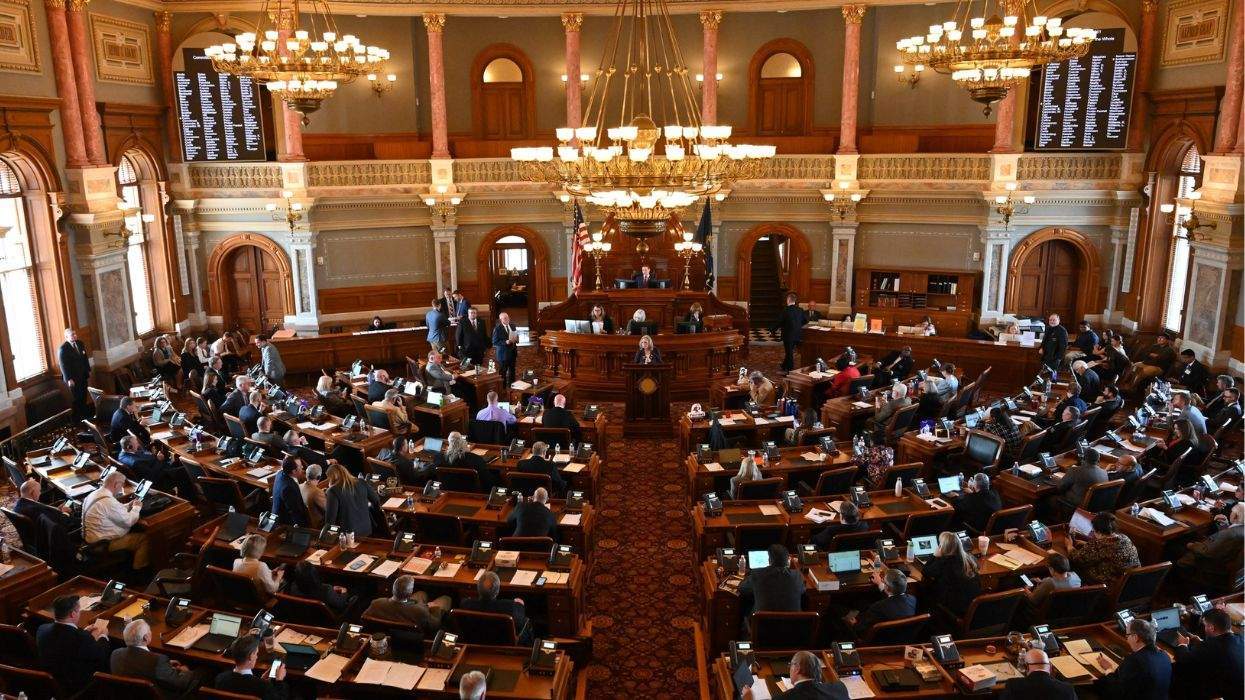Although "don't ask, don't tell" repeal advocates were heartened last week by votes that attached a repeal measure to the 2011 National Defense Authorization Act, they are gearing up for the next battle -- the Senate floor.
The full House voted to approve the defense authorization bill with repeal, but in the Senate, the measure was attached in the Senate Armed Services Committee and awaits approval by the entire chamber. Advocates say those who oppose ending the gay ban could filibuster the entire bill -- which would keep it from being considered on the Senate floor and require 60 votes to overcome -- or once the bill is being debated on the Senate floor, they could offer amendments that either strip out the repeal language or dilute it.
"Clearly, there are a lot of unknowns," said Fred Sainz, vice president of communications at the Human Rights Campaign. "This is a moment by moment situation where we will be living with our hearts in our throats until the president signs the bill into law."
Sen. John McCain of Arizona, for one, has said he would support a filibuster of the bill, but Aubrey Sarvis, executive director of Servicemembers Legal Defense Network, doubted that mounting a filibuster of the whole bill based on the repeal provision alone would have broad appeal even among Republicans.
Sarvis explained that blocking funding for the troops overseas due to the potentiality that gays and lesbians might be allowed to serve openly in the military would not sit well with most voters.
"That is very tough to explain back home," he said. "Providing funding levels for the nation's security is one of Congress's fundamental responsibilities to the American people."
A possible amendment that would alter the repeal provision is a greater threat in the eyes of most advocates.
One avenue Republicans considered in the Senate committee was widening the scope of the certification process. As it stands now, the president, secretary of Defense, and chair of the Joint Chiefs have to sign off on repeal before the law can be lifted. Some detractors have considered trying to add the chiefs of the respective armed services as signatories, which would make certification exponentially more difficult since they have all signaled opposition to repeal.
But opponents of repeal would have to find 51 votes in order to amend the provision or strip it out.
"The deck is stacked in our favor because of the fact that the language is already in the bill," Sainz said, "but we will have to aggressively defend our ground."
Sarvis pointed out that providing such a role to the service chiefs would be an "unprecedented" expansion of their duties.
"The chiefs are not the policy makers here -- that's the role of Congress," he said. "Their role will come in the implementation."
Other potential snags include a provision in the House version of the legislation that provides $500 million to fund development of an engine for the F-35 Joint Strike Fighter. The White House has threatened to veto the bill if the funding remains intact.
The full Senate is expected to vote on the legislation in June or July. The Senate version of the bill will then be reconciled with the House version during August and September and sent back to both chambers for final approval. If the bill stays on track, it should be signed into law by President Barack Obama in late October or early November.















